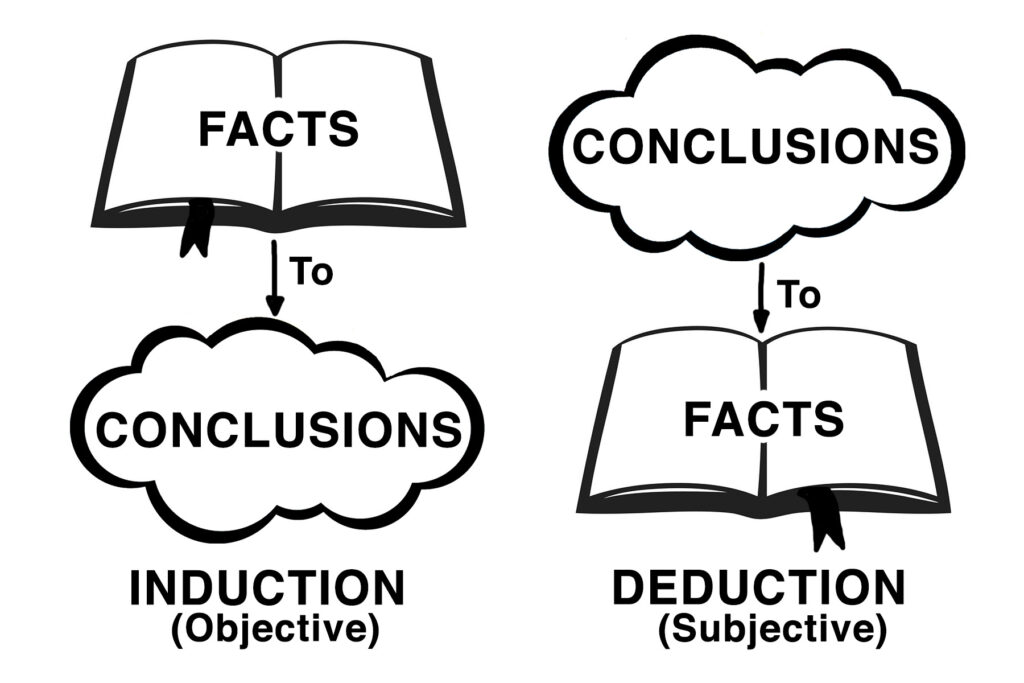The last couple of Bible Study Methods posts have set the stage for us to get down to doing some actual Bible Study. Remember, we study God’s Word to gain understanding as we seek God. We read and study to know God.
How can we Understand the Bible?
As with any form of study we’ll need to look at each of the components of the material we study.
The four main components of any Biblical passage are:
- Terms — This covers words and their meanings.
- Structure — This includes sentences, paragraphs, segments, and books. This consists of the relations and interrelations between terms, or more specifically, the grammatical construction of the text.
- Literary form — That would be prose, poetry, allegory, etc.
- Atmosphere — This means the underlying tone, mood, or spirit of a passage. This requires that we become familiar with various kinds of background information.
We’ll look look at each of these as we go along. Today let’s start with Terms.
Observation of Terms
“A term is a given word as it is used in a given context.”
Routine Terms
These are terms whose meanings are obvious. There is usually no need to do a word study in these cases. It may be good to look up some of these words on occasion, but for the most part, the translation has done the work for us.
Non-Routine Terms
These are terms that need a little more attention. They are the terms that you’re not as familiar with, or that you notice are significant to the meaning of the passage. There are tools for each of these cases.
The temptation I’ve seen with many bible students to run to one of the extremes. Some will look up every word and try to force out deep spiritual truth, even trying to change the message of a passage based on a routine word. Others will simply assume they understand the meaning of all the words and neglect word study altogether.
Try to fall in the middle of these. I try to do a few more word studies than I feel like I need to do. I will often restudy a word that I have studied in the past just to make sure I have a proper understanding. But I avoid correcting the translation. We are blessed to have a very good one!
How to do a Word Study
Tools
The two main tools that I recommend to begin with are an English Dictionary and Strong’s Concordance.
An American Dictionary of the English Language by Noah Webster
This is an excellent resource. Though Published in 1828, it carries a broad definition set and is a great tool for teachers and writers even today. I regularly use this dictionary, along with a couple of others, in Bible lesson and sermon preparation.
This dictionary is available for free in Esword as well as many other computer and smartphone apps. There is an online version that can be used at http://webstersdictionary1828.com (though with some minor adaptations for the web)
Strong’s Concordance and Dictionary
“A Concise Dictionary of the Words in the Greek Testament and The Hebrew Bible”
This is the Bible study tool that I default to. It is great for a deeper meaning of the word with the acknowledgment that the word has been translated from another language.
Every Bible study software system or app that I am aware of offers Strong’s Dictionary, and many of them offer it for free.
Techniques
Usually, these studies can be done with the click of a button. The challenge comes in carefully reading of the definitions.
There may be many Synonyms for a word you look up in the English dictionary so be careful to look for the definition that fits the context.
When looking a word up in Strong’s Dictionary you’ll see the Hebrew or Greek word spelled out a couple of different ways, followed by any root words that it may have, the definition is between these and the “:— “ symbols. After these symbols is a list of how that word is translated in the King James Version.
Notice the image below of G80 from Strong’s Dictionary.

The Red marked portion is the Greek word and its root word. The Blue is the definition. The Green is how it is used in the KJV.
Results
Now that you know how to beginning understanding these terms: Use the results correctly. I hope and pray that you will grow in your understanding of Scripture and through it your walk with God will flourish.
However, there are some dangers that need to be avoided. The main thing you can do to avoid these is to keep the context in mind when processing your findings. You won’t be unearthing new information, just gaining a greater understanding of what’s there.
Your Turn
I hope you’ve been reading Philippians.
Reread Philippians chapter one and note 10 non routine words to study. Using the tools given above, study those words to gain a greater understanding.
Share some of your findings in the comments below.
Feel free to contact me if you have any questions, or run into any problems.
Note: Quotes and concepts drawn from “Bible Study Methods” by Burton Brush. Used with permission.


